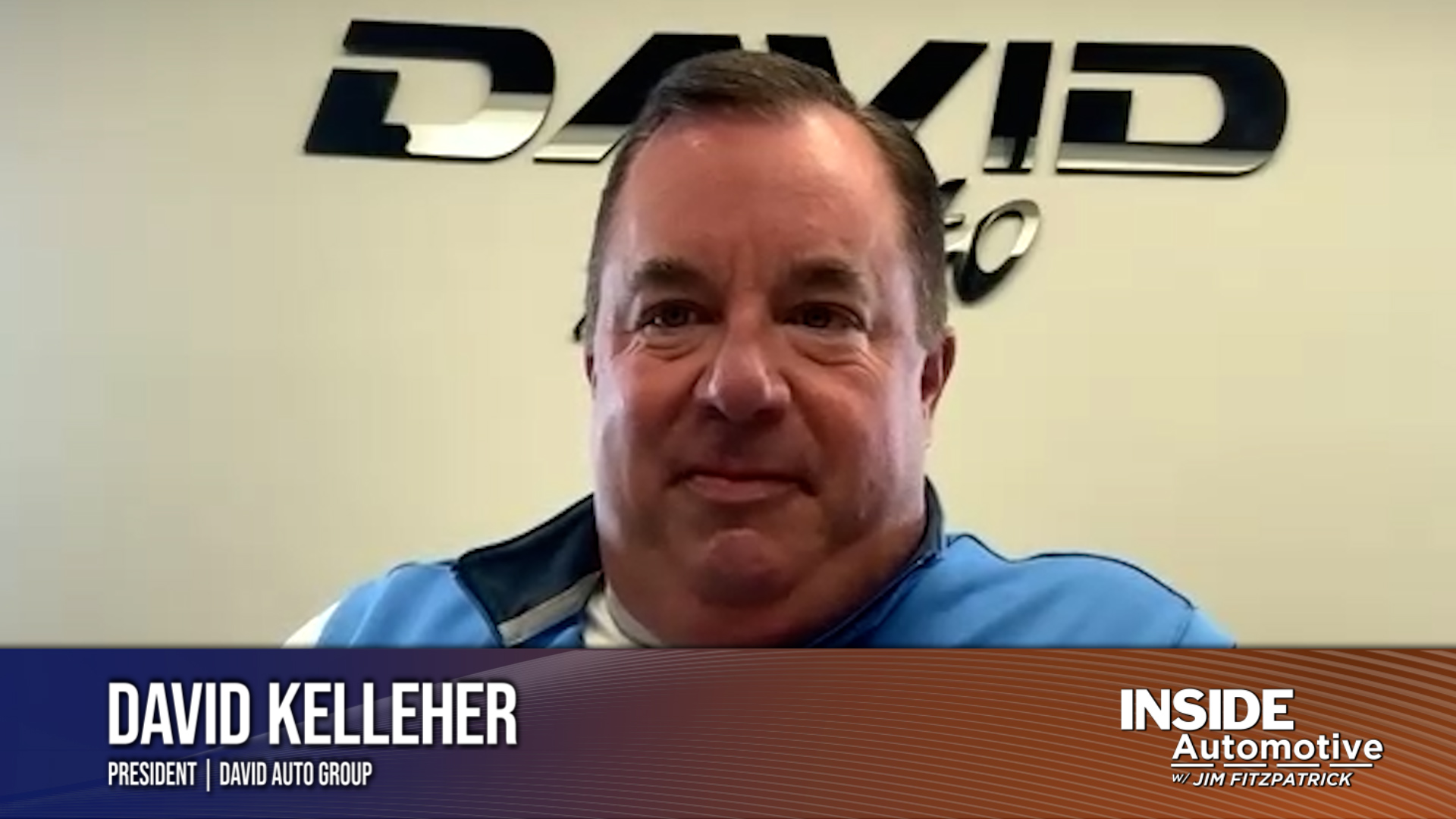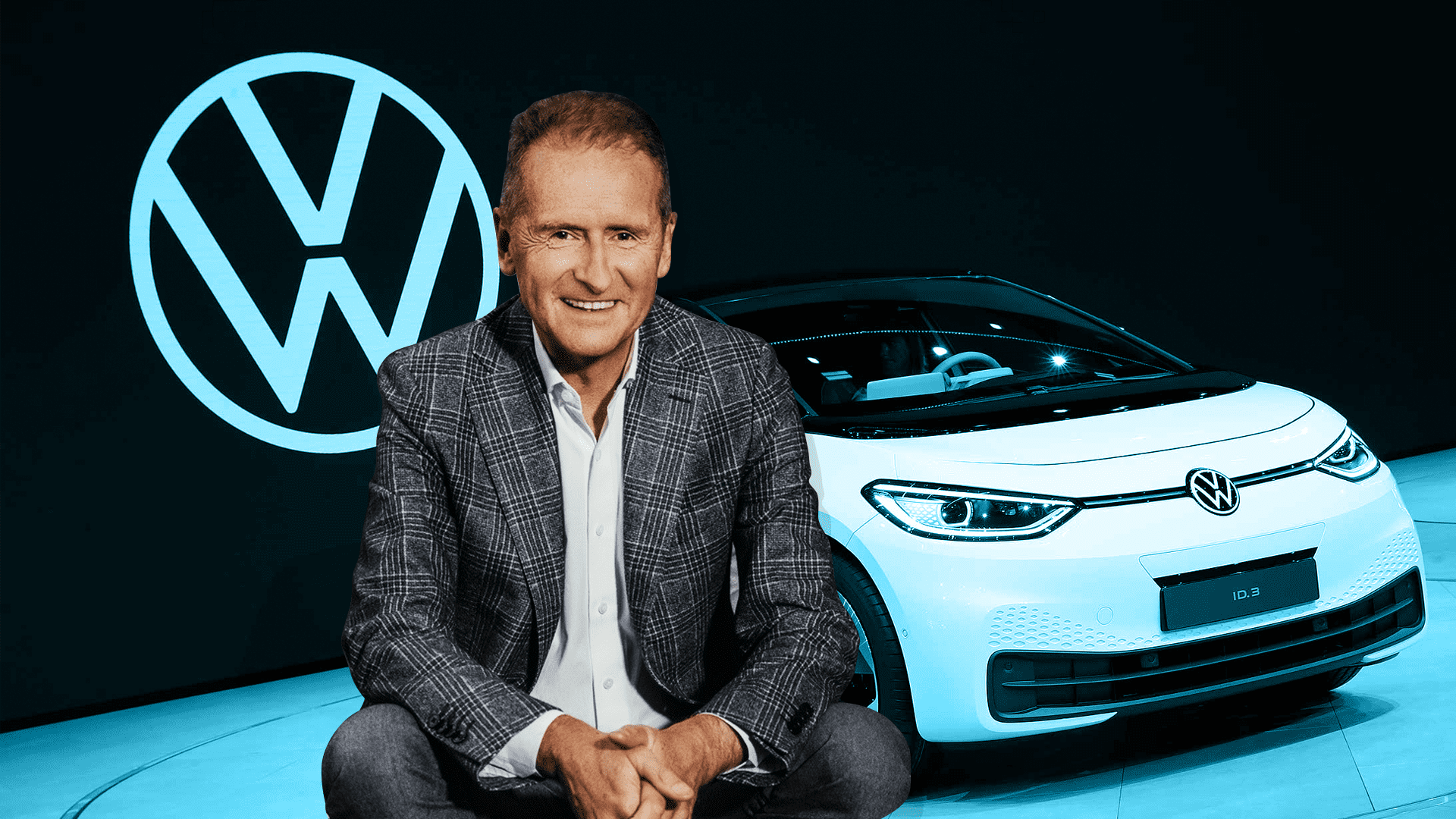Inside Automotive:


It is shaping up to be a very busy year for car dealers and OEMs alike. Today on Inside Automotive, we’re pleased to welcome back Dave Kelleher, President of David Auto Group to share his perspective on the state of automotive today and his thoughts on direct sales from Stellantis. Watch the complete segment here.
Headlines:
Some Tesla customers are angry after the automaker announced it will no longer be providing basic charging equipment for new purchases, which means buyers won’t have a way to charge their vehicles at home unless they pre-install charging equipment before their cars are delivered. Tesla CEO Elon Musk cited low usage as the reason for the decision, and it is widely reported that vehicles can only get two or three miles of range per hour when charging with the basic connector bundle. Depending on the model chosen, the connecter bundle will now cost $275 or $400, and both options have already sold out on Tesla’s website.
BMW CEO Oliver Zipse recently told reporters that there will not be any job losses as the shift to electric cars continues. This comes after the German Association of the Automotive Industry projected that over 100,000 employees could be terminated if they are not re-trained. Zipse said all BMW employees would be provided training on electric vehicles and added that the BMW workforce is competent and will be able to handle any new technologies. His announcement comes after various groups have reported the possibility of massive layoffs throughout the transformation to electrification.
During a tour of its facility in Illinois, Rivian CEO RJ Scaringe said the automaker is currently unable to secure necessary parts for production and is therefore seeing a drop in stock value and negative impacts on its long-term business plan. Rivian and other new automakers say that suppliers are choosing to provide parts such as semiconductor chips to larger automakers because they are hesitant to supply less established companies with the needed parts and materials. Rivian stock has dropped around 60% since the beginning of the year, and the automaker has already said it will have to cut production in half due to high prices of raw materials and shortages of around 50% of the parts needed to build Rivian’s vehicles.
Various automakers, including Tesla, Volkswagen, and Toyota, are gearing up to re-open their China-based manufacturing plants after widespread closures due to a COVID-19 outbreak. Toyota said Monday that it plans to restart production at its Changchun plant after being shut down on March 14 but does not have a clear roadmap of what a complete re-opening will be. Volkswagen will also be restarting production in the same region, and Tesla brought employees back to its Shanghai factory with plans to operate under a strict closed-loop system. The three-week shutdown has undoubtedly furthered the shortage of new vehicles while demand continues to remain high.
News & Opinion:


The CDK Global 2018 Dealership Cybersecurity Study found that 85% of IT staff say their dealership had experienced a cybersecurity incident within the previous two years. In 2021, the CDK Global 2021 State of Cybersecurity in the Dealership Report reflected that the average ransomware payout had increased seventeen-fold in two years, up to $220,298 per incident. That’s an average, though, and the individual demand could range into the millions. Dealerships have tightened their defenses since the 2018 report, but there continue to be areas that can be improved. Read More


Despite being one of the most profitable automakers last year, Volkswagen is now feeling immense pressure amidst the turmoil overseas. While high prices and environmental issues have been stressors for Volkswagen, the automaker’s Chairman Herbert Diess warned that the war in Ukraine is now having a notable detrimental impact on production. Factory shutdowns and parts shortages have forced a pause in operations in various countries, resulting in widespread production losses. Diess recently discussed the ongoing issues in Ukraine and others, such as the electrification of Volkswagen vehicles, in an interview with Lesley Stahl of 60 Minutes. Read More
Did you enjoy today’s automotive newscast? Please share your thoughts, comments, or questions regarding this topic by submitting a letter to the editor here, or connect with us at newsroom@cbtnews.com.
Be sure to follow us on Facebook and Twitter to stay up to date or catch up on all of our podcasts on demand.
While you’re here, don’t forget to subscribe to our email newsletter for all the latest auto industry news from CBT News.




